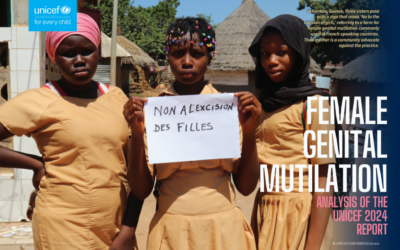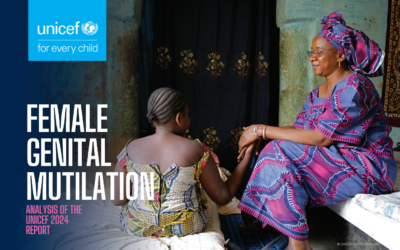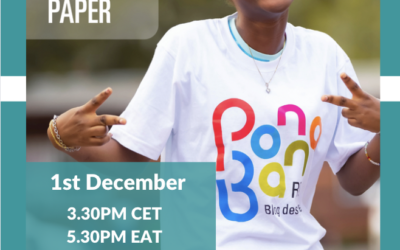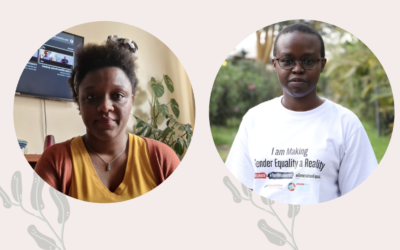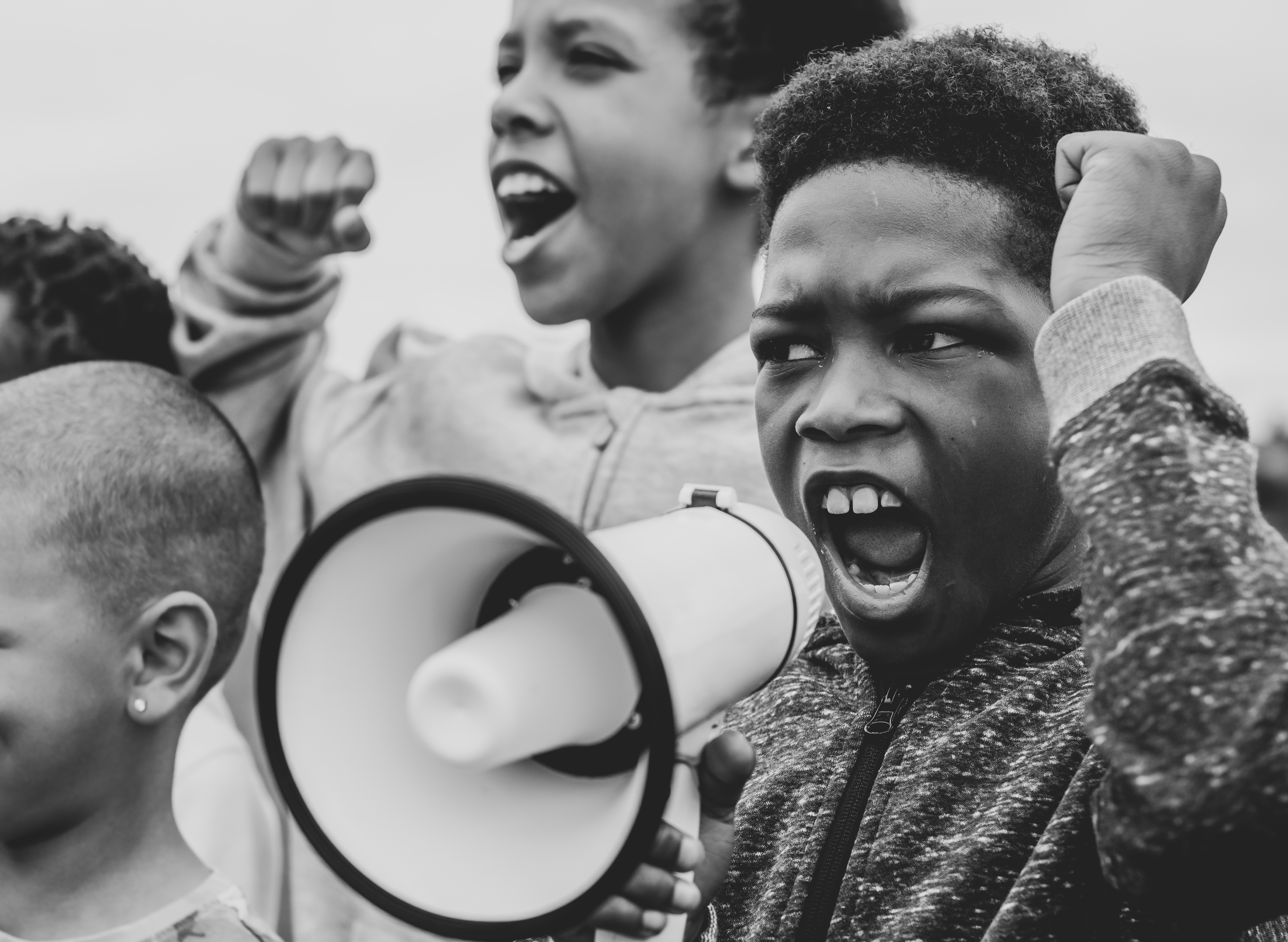
COP-MGF
The Thematic Discussions of the CoP FGM
GENDER TRANSFORMATION
Media & FGM
Law & FGM
NEWS
ANALYSIS OF THE UNICEF 2024 REPORT: Progress on FGM & Geopolitical and climatic consideration
Progress on FGM Despite the increase in the number of women and girls affected by FGM worldwide, some countries are making...
ANALYSIS OF THE UNICEF 2024 REPORT: MEDICALISATION OF FGM
Medicalisation of FGM The medicalisation of FGM refers to "situations in which these mutilations are performed by...
ANALYSIS OF THE UNICEF 2024 REPORT: Global Situation of FGM
Global Situation of FGM The UNICEF 2024 report reveals alarming trends in the global prevalence of female genital...
Training report on the sustainable involvement of men in ending FGM
MEN'S INVOLVEMENT IN ENDING FGM Training report - sustainable involvement of men in ending FGM In 2023, the Community of...
Webinaire Médical sur la Désinfibulation
Le 2 décembre à 14h00 Heure d’Europe centrale, se tiendra le webinaire médical sur la désinfibulation avec le Dr...
Webinar : innovative financing to ending harmful practices with UNICEF
On the 1st of December, at 3.30 PM CET, UNICEF will be presenting the paper: Innovative Financing for the Elimination of...
VOICES OF AFRICAN WOMEN AGAINST GENDER-BASED VIOLENCE AND FGM
By Cynthia Umurungi, the COP moderator and Marianne Nguena, the COP Coordinator. “I want every girl to know that her voice...
LAW and FGM, are we having an implementation crisis?
By Cynthia Umurungi, moderator of the CoP on FGM, and Caroline Lagat, Programme Officer- End Harmful Practices at Equality...
Webinar: Gender transformative approaches to ending FGM”
CONTEXT In October and November 2021, AIDOS, GAMS Belgium and the End FGM European Network, organized a virtual...


